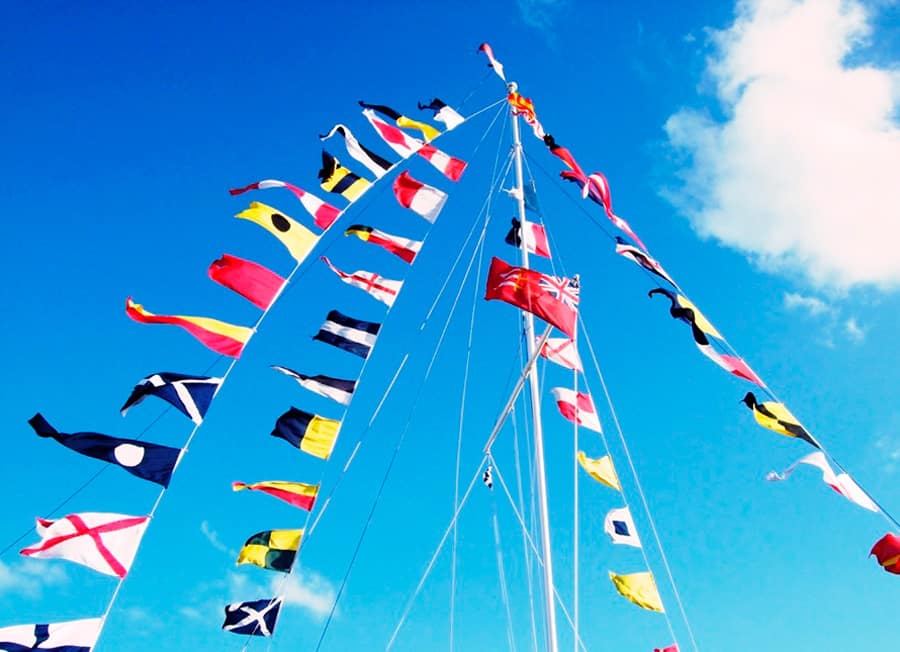Offices:
SCS Yachting Main Office
Via Fieschi 8/1 – 16121 Genova Italy
T +39 010 8991080
T +39 010 8991081
Email: agency@scsyachting.com
Partita IVA 02772590994
SCS Yachting Sardinia
Via della Marina Nuova, Piazzetta Clipper, Porto Cervo 07021
T +39 07891776465
Email: agency@scsyachting.com
SCS Yachting Yacht Management Office
Yotha Management
1 Rue du Gabian , Le Thalès , Monaco 98000
T + 33 63 31 80 67 17
Email: agency@scsyachting.com






